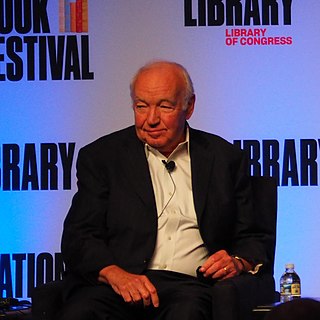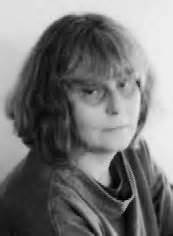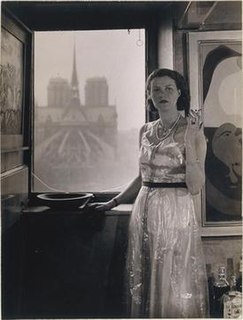A Quote by Tanith Lee
I came up with a parallel Venice called Venus. set in a parallel Venice about 1701.
Related Quotes
... in the eyes of its visitors, Venice has no reality of its own. Anyone visiting the place has already seen so many pictures of it that they can only attempt to view it via these clichés, and they take home photographs of Venice that are similar to the ones they already knew. Venice [is] becoming like one of those painted backdrops that photographers use in their studio.
First, my frame of reference for the Britten opera shifted. I'd always thought of Britten's approach in Death in Venice as another exploration of the plight of the individual whose aspirations are at odds with those of the surrounding community: his last opera returning to the themes of Peter Grimes. As I read and listened and thought, however, Billy Budd came to seem a more appropriate foil for Death in Venice.
There is still one of which you never speak.' Marco Polo bowed his head. 'Venice,' the Khan said. Marco smiled. 'What else do you believe I have been talking to you about?' The emperor did not turn a hair. 'And yet I have never heard you mention that name.' And Polo said: 'Every time I describe a city I am saying something about Venice.




































